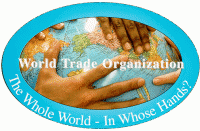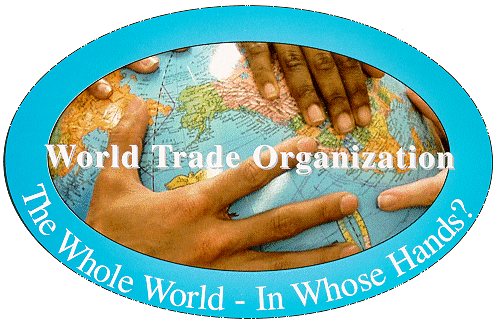 As an online gambling industry professional, it’s hard to understand why Canada is wasting its time challenging the WTO. The Vancouver Sun reported that Canada has launched a challenge at the World Trade Organization against the European Union ban on Canadian seal products, after exhausting it’s lobbying efforts. The question is “why bother?”
As an online gambling industry professional, it’s hard to understand why Canada is wasting its time challenging the WTO. The Vancouver Sun reported that Canada has launched a challenge at the World Trade Organization against the European Union ban on Canadian seal products, after exhausting it’s lobbying efforts. The question is “why bother?”
What kind of power does the World Trade Organization really hold? They certainly don’t have enough pull for the United States to respect their authority. This was shown clearly with implementation of UIGEA which was a slap in the face to the WTO. It didn’t stop there.
In April 2005, the WTO ruled in favour of Antiguan online gambling companies offering services to consumers in America, and against US protectionism. The WTO “ordered” the United States to comply either by lifting its ban on foreign operators or by withdrawing a “discriminatory” exemption for US online horse racing betting sites, within 18 months. That didn’t even come close to happening.
Antigua and Barbuda complained when the US failed to meet the 18 month WTO deadline to comply with international trade laws, so the WTO agreed in July 2006 to investigate their complaint, which resulted in a ruling late January 2007 against the United States. And back forth it went. The United States then appealed the ruling, asking that the judgment made by WTO be thrown out. The WTO announced on March 30 that it rejected the U.S. appeal, and again upheld Antigua’s claims that the US violates WTO rules by their efforts to prohibit US residents from gambling at online sites located outside of the United States.
Still the US has yet to settle with Antigua, so again the question has to be asked what power does the WTO really have? If US shows respect to the WTO and settles with Antigua then it can be said the WTO is worth its salt.
